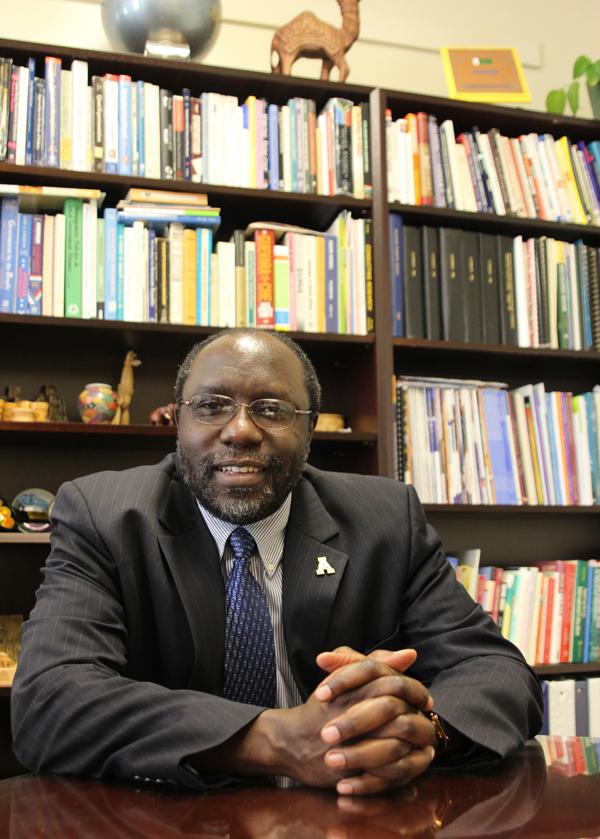 The university is currently in its second week of participating in the Teaching Excellence and Achievement program.
The university is currently in its second week of participating in the Teaching Excellence and Achievement program.
This program takes around 90 international teachers and teaches them student-centered learning approaches and how to teach English, Jesse Lutabingwa, the associate vice chancellor of international education and development, said.
Lutabingwa is representing Appalachian alongside four other universities implementing this program for the fall.
The International Research and Exchange Board, a U.S. State Department organization, selects about the teachers and then assigns them to different universities participating in the program, said Lutabingwa.
Appalachian has 21 fellows from 17 different countries, he said.
The current program costs $180,000. It is six weeks long, which includes four weeks of on-campus training sessions and workshops and almost two weeks partnered with local teachers. The last two days are spent in Washington D.C, Lutabingwa said.
Professor of education Sarah Miller helps teach a language development class.
She said English is a foreign language to all of the participating teachers.
“It’s stepping back and having a critical look at what we teach, and why, and how we teach it,” Miller said. “On how it impacts the host teachers, they learn from that teacher about their country, about the freedoms and challenges they face in their teaching, and also a different world perspective.”
Director of Languages, Literatures and Cultures Beverly Moser is a faculty liaison for the TEA program in her second year with the program.
“We’re trying to provide a good balance of information about how to ideally teach reading and writing, and second language reading and writing, and also showing the participants by having them actually some of the workshop activities themselves,” Miller said. “I think it has a tremendous impact, and like most intensive experiences abroad, it’s probably a life changing experience for each of them.”
Story: KATELYN BYNG, Intern News Reporter
Photo: PAUL HECKERT, Senior Photographer

